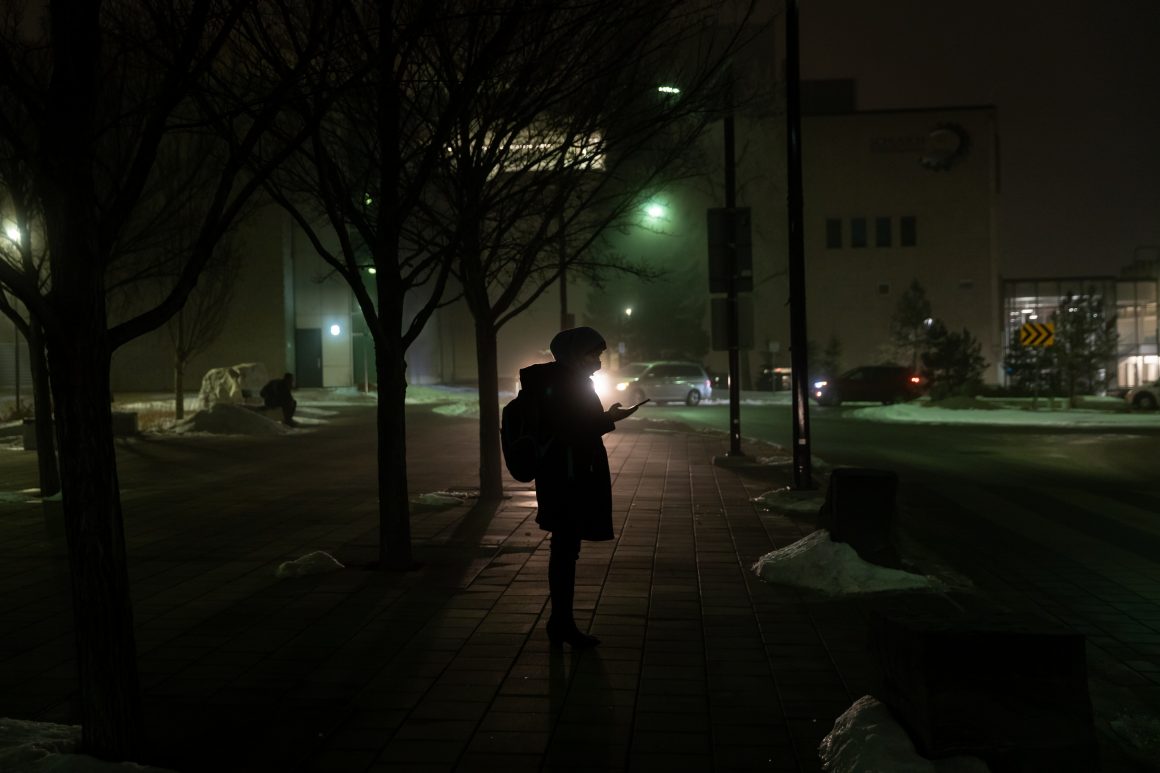
Bill 21: Secularism or racism?
By Lamara Jaber, April 24 2022—
Following December 2021, Fatemeh Anvari, an elementary school teacher, was removed from her teaching duties in Québec. Why? Because she wears the Hijab. This is where we currently are in a ‘‘progressive’’ society and country.
Known as Laïcité or Québec’s secularism bill, Bill 21 implements definitions and limitations regarding secularism, religious freedoms and ultimately reasonability. The notion of secularism becomes defined by political, social and even cultural communities, institutions and policies, where figures aim to foster a “balanced” relationship between a government and religious veins.
The mentality behind Bill 21 has been defended through arguments of escaping the “toxic influence of militant Islamic fundamentalists” and upholding secularism which thus, bans definite religious identities. As it prohibits Muslim, Jewish and Sikh Québecois from wearing any religious attire and actively holding occupation in public institutions, this legality exposes stark governmental views and definitions on “proper” body politic and citizenship.
Proponents of this Bill overlook its disproportionate implementation and impact on the economies and identities of racialized peoples. As adherents of non-Christian religions wear religious symbols as it is often considered to be a vital part of their religious duty, practice and connection, they become discounted in the name of politics. Its assignment upon certain groups in public and societal debates achieves an inherent racist aim to confine personal and collective practices on behalf of colonial ideals of so-called “inclusion.”
In 2019, Table de Concertation Contre le Racism Systématique (TCRS) publicly released statements that exposed Bill 21’s institutionalized discrimination, which places racialized peoples and increasingly women — who hold the majority of education jobs — in positions of vulnerability and is a far cry from secularism. This Bill is a clear case of systematic discrimination as its normalization from such policies further drives the wedge between certain peoples, customs and religions.
As is known, everyday discrimination and racism become systemic when purported institutional practices develop into disparate regulations, laws, rules and policies. This limits access to resources for targeted individuals and groups, which restricts their participation in certain places and thus, reinforces social and economic inequities.
Under Bill 21, the Coalition Avenir Québec party (QAC), led by François Legault, stigmatizes religious and racialized minorities by further positioning them at the center of political and social debates and contentions that seek to challenge their clothing, identity and religious choices. Consequently, this fuels Islamophobic, anti-Semitic and anti-Sikh sentiments and acts by denying their identities to employment, economic or social stability andunderpins their advancement in the workforce.
In another take, such legalities can show the other side of the coin — one that comes down to political advancement or self-interests. The inaction from many governmental authorities such as Prime Minister Justin Trudeau and other Canadian political parties indicates that affairs concerning human rights or minority issues fall short when considering electoral calculations.
This denial and hesitance surrounding particular political figures and the suggestion that Bill 21 is a product of Québec’s “uniqueness” or relationship with Laïcité — secularism — mistakenly allows one to understand its legality by masking the hidden realities and experiences for many.
Canadians need to stop associating this Bill with a localized or national issue. As seen in the discriminatory hijab laws in France, community members and leaders must acknowledge their silence and hesitant position concerning racism as it appears hypocritical and superficial — both on the national and international levels. The research behind Bill 21 exposes its faults in creating second-class citizens and economic determinants. As many Québecois Jewish, Muslim and Sikh students find themselves contemplating their future, the toxicity, vulnerability and danger that will come out of Bill 21 will be detrimental.
Bill 21 has and will continue to dramatically affect student bodies and communities due to its divisive nature. In the aim of change, petitions can help foster awareness on this matter. Such calls to action become vital when garnering support, inclusion and even resistance.
This article is part of our Opinions section.
